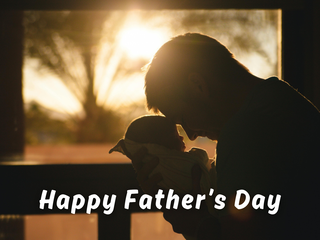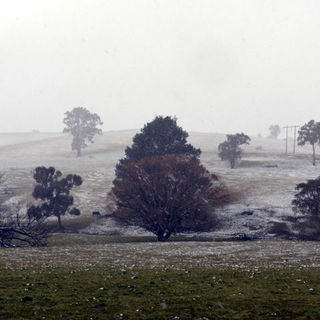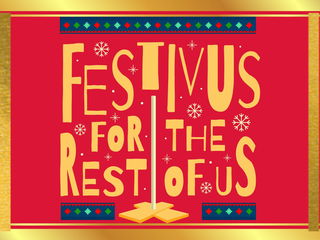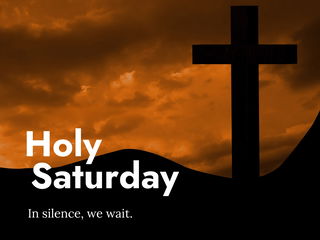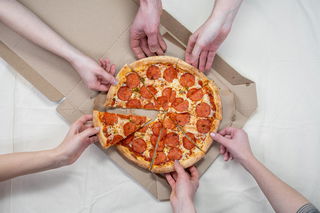- Calendar
- Calendar 2025
- December
- Christmas Eve
Christmas Eve
Amidst the chilly winter days, Christmas Eve arrives each year on December 24th, warming our hearts and souls with a sense of wonder.
Officially observed as the entire day leading up to Christmas Day, this magical evening fills the air with hope and excitement. Streets shimmer with twinkling lights, beautifully decorated to mark the joyous beginning of the Christmas celebration.
In some states, it is a public holiday. Schools are normally closed. However, for the majority it is not a holiday, so most people have to work.
As the day before the holidays, many workplaces host Christmas parties or allow their employees to leave work early. While stores typically remain open, their hours may vary, with grocery stores often closing early. This makes Christmas Eve a popular time for last-minute holiday shopping.
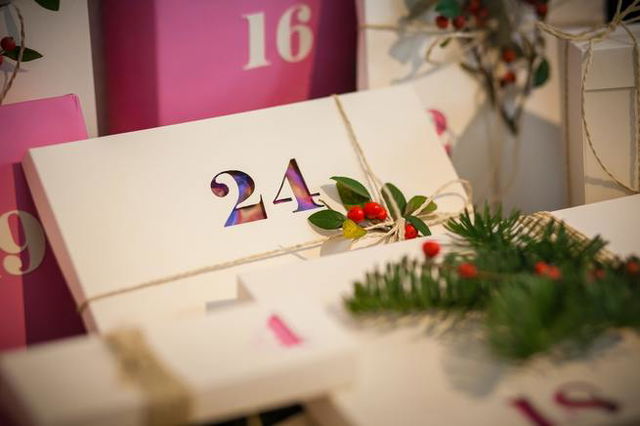
The Creation of Christmas Eve
Christmas Eve, steeped in centuries of tradition, carries profound significance as the night before the celebration of Jesus Christ's birth on December 25th.
In the Christian tradition, Christmas Eve is a special time when people look forward to celebrating the birth of Jesus in Bethlehem.
He was born to the Virgin Mary and placed in a simple manger, and this is what Christmas Eve is all about, reminiscing the birth of God.
This evening is a time for believers to reflect on the story of Christ's birth, attend special church services, and engage in prayer, deepening their spiritual connection to the holiday.
While the Christian tradition forms the core of Christmas Eve's significance, it has also been influenced by an array of cultural practices and regional customs.
Across the globe, the way this night is observed can vary greatly. For instance, in countries like Germany and Sweden, Christmas Eve is the primary day for exchanging gifts, whereas in the United Kingdom and the United States, the exchange of presents traditionally occurs on Christmas morning.
These cultural variations contribute to the rich tapestry of Christmas Eve traditions and underscore its universal appeal.
The historical evolution of Christmas Eve has transformed it over time. In the early Christian church, it was a time of fasting and solemnity, focusing on spiritual reflection. However, as the centuries passed, Christmas Eve transitioned into a more festive occasion, characterized by feasting and joyous celebrations.
Modern secular observances often include gatherings of family and friends, the exchange of gifts, elaborate feasts, and the illumination of homes with twinkling lights, creating a sense of warmth and togetherness that transcends religious boundaries.
At its heart, Christmas Eve remains a night of hope, reflection, and the joy of coming together in the spirit of love and goodwill.
Christmas Eve Traditions
The United States is a melting pot of cultures, therefore many traditions and customs originate from other countries. Christmas, however, is an especially important symbol for Christians as it commemorates the birth of Jesus Christ.
Christmas Eve is often the last or second to last day on an Advent Calendar, a traditional calendar used in the countdown to Christmas.
Families make final preparations for Christmas Day itself: preparing food, finishing off gift-wrapping, traveling, or finishing off decorating their homes with lights, trees, etc.
It is common for children, in anticipation of Santa Claus’ visit down the chimney, to put out cookies and milk for him, and carrots or other treats for the reindeer. Some children also hang up stockings on the fireplace, or other suitable places, so that Santa can leave their gifts inside. Children on Santa's naughty list are thought to receive a lump of coal in their stocking rather than gifts, according to the tale.
Churches hold candlelight or midnight masses, where the Nativity is played out and carols are sung. This happens at midnight, as it is the time when Christmas Eve transitions to Christmas Day, and because traditionally, Jesus is thought to have been born at night.
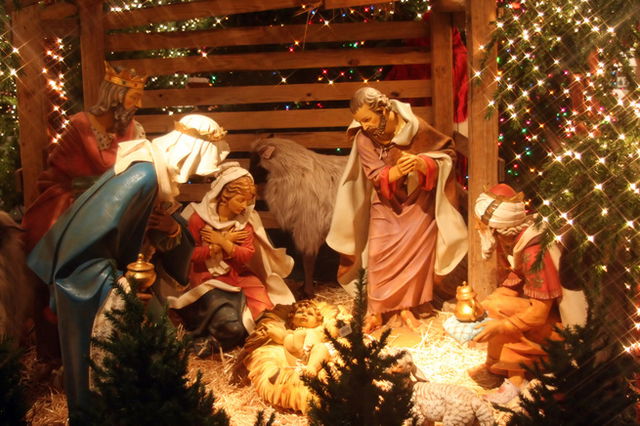
Some people follow fasting or abstinence rites or customs leading up to Christmas Day. E.g., Italian-Americans celebrate The Feast of the Seven Fishes, a grand meal of seafood, as meat is abstained from until Christmas Day.
Other cultures, especially of European origin, may have their main celebrations, including exchanging gifts and their main Christmas dinner, on Christmas Eve itself. People might eat their meal after they have come back from going to church at midnight. Some Scandinavian peoples eat their meal and then go to church.
If at any time you want to find out exactly how many days there are until Christmas Day, why not use this handy Christmas Calculator.
You would also love reading about Christmas next.
Other religious celebrations that occur around Christmas include Hanukkah, Kwanzaa, and the Immaculate Conception.
You can read more about the history of Advent here.

Other Celebrations
-
Jan 01 WedChristmas Holiday
-
Jan 07 Tue
-
Jul 25 FriChristmas In July
-
Dec 25 ThuChristmas Day Holiday
-
Dec 26 Fri
-
Dec 31 Wed

Christmas Eve - Next years
Thursday, 24 December 2026
Friday, 24 December 2027
Sunday, 24 December 2028
